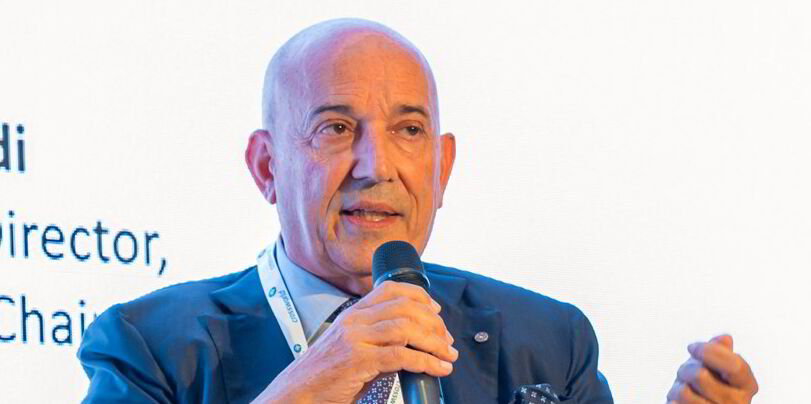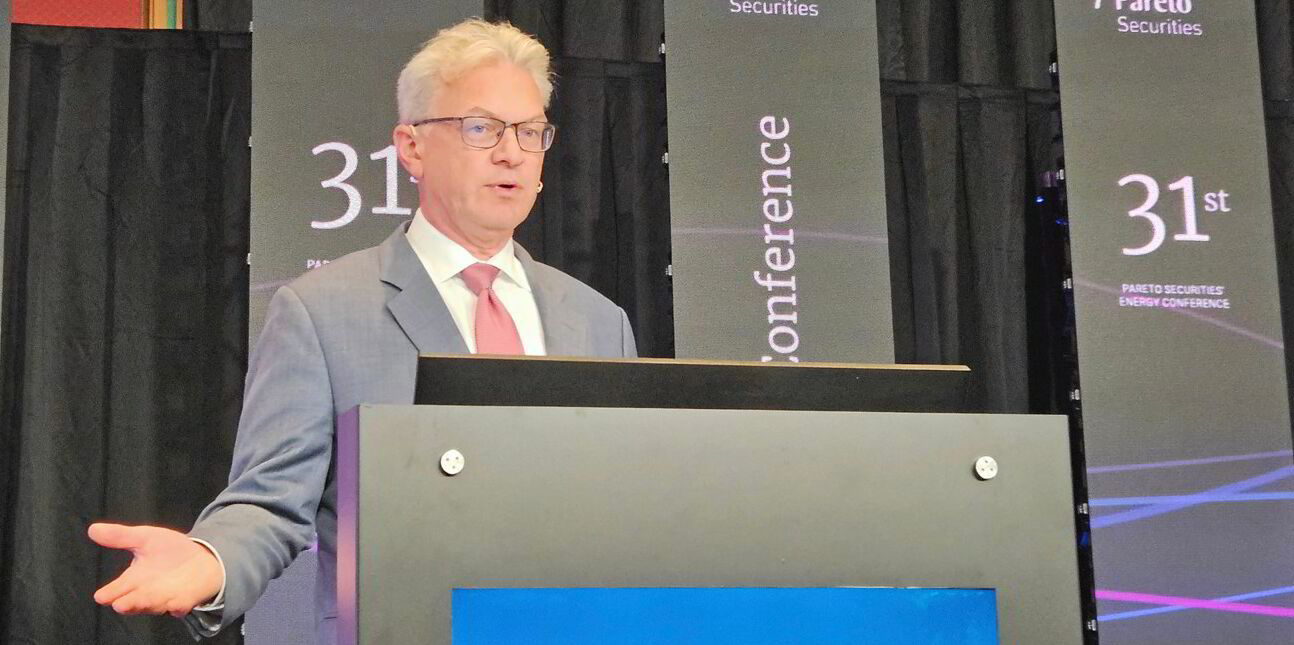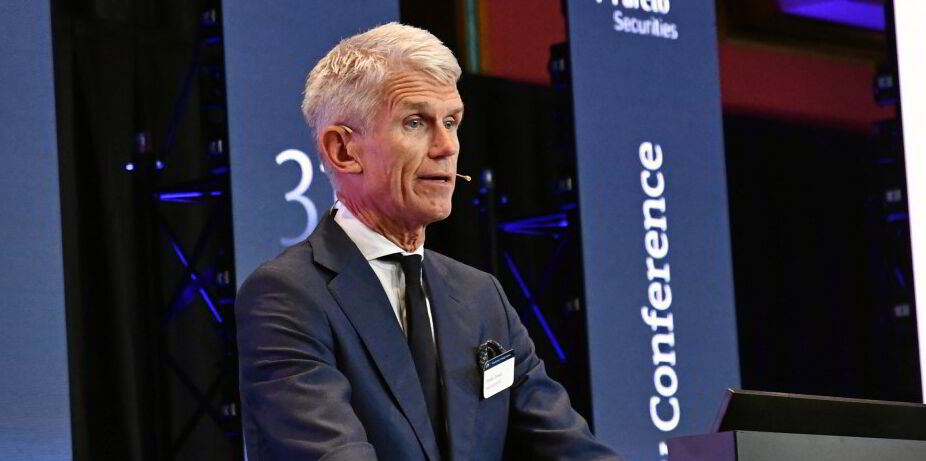Get ready for mergers and acquisitions. That is the top tip for shipowners from Norwegian law firm Wikborg Rein.
The market is hot after several high-profile M&A deals in shipping and offshore.
Earlier this year, MSC Mediterranean Shipping Company bought Gram Car Carriers, BW LPG acquired Avance Gas’ VLGCs and DOF Group took over Maersk Supply Service.
And this week, Pangaea Logistics swoops on the 15-ship MT Maritime fleet in a $194m all-stock deal.
Andreas Myrstad, partner at Wikborg Rein, said that for shipowners considering selling vessels or their whole business, it is important to present the right offer to potential buyers.
“If you are thinking about selling a business, start early,” he said.
“We are seeing very high activity of M&A within the shipping and offshore space. This has been true for some years now,” Myrstad, who focuses on M&A and capital markets transactions, said.
Wikborg Rein was the legal adviser to Gram Car Carriers in the deal with MSC.
Myrstad emphasised that shipowners should prepare for deals to achieve the best possible price, deal certainty and a clean break.
Shipowners should structure the sale early and identify potential buyers, he said.
A documented backlog with firm contracts can increase the value and it is crucial to secure contract extensions before a transaction.
Owners should also do all vessel maintenance and upgrades.
It also makes sense to take out unattractive assets that do not add any value to buyers from the transaction in advance, according to Myrstad.
In recent years, financial investors have also done M&A within shipping.
He said: “It is not just the traditional industrial buyers doing the deals. We are seeing private equity funds and infrastructure-oriented asset buyers entering the scene.”
US private equity firm KKR bought Ocean Yield in 2021. Last year, Maritime Partners acquired AMSC’s Jones Act business.
“These are very professional buyers, requiring high-quality information when engaging in M&A activities,“ Myrstad said.
Presenting an attractive offer to both industrial and financial buyers can result in a higher price.
Myrstad explained: “You want to create a competitive tension, for example, if you have an auction process. If you lose out on one group that can have a price impact.”
He added that to ensure a deal goes through without claims, companies should gather and organise relevant documents and data.
“You want to be in a position where there to be as few conditions for completion of the transaction as possible,” Myrstad said.
Due diligence, covering legal, financial, tax, commercial and technical issues, is a part of that process, he said.
“It is a burdensome and time-consuming effort both for buyers and sellers. My impression is that the depth and nature of due diligence is ever expanding,” Myrstad explained.
“Once you have completed the deal as a seller, you want the buyer to have as few possibilities as possible to come after you with claims.”
He added that an IPO could be an alternative to divesting assets for some private shipowners.
“It could make sense to prepare for two scenarios. One selling the company or take the company public,” Myrstad said.
Tormod Hoiby, head of investment banking at Pareto Securities, said it was also experiencing an increased interest in M&A.
Hoiby said: “We have seen a lot of M&A in the sector. We think that will continue in terms of M&A activity.”
The booming shipping markets and the strong earnings are driving the transaction flow.
“What do you do if you are a shipowner and have cash? You buy companies,” he added.







